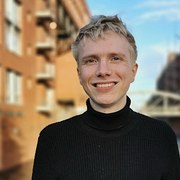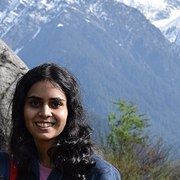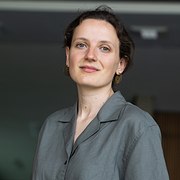Why you should study PEP in Hamburg
It is probably in the nature of things that where the currents of transport and goods of the world economy run together, thinking also flows in larger contexts. Against this background, a harbor metropolis such as Hamburg is the right location in which to fundamentally contemplate the political, economic and philosophical aspects that influence democracies and economies.
Here, where the largest container ships in the world dock, where more than 460 companies from Asia alone have their European headquarters or branch offices, or the aerospace industry with Airbus points the way to the future, the globalized world is tangible. The fact that the Economics and Social Sciences Faculty of the University of Hamburg is only a hop, skip and a jump away from the docks and terminals and the Elbphilharmonie enhances the appeal of a campus that is attracting more and more international students to Hamburg.
A campus that fosters interdisciplinary thinking.
The quality of the master’s program in Politics, Economics and Philosophy (PEP) is substantially determined by the surroundings, the lecturers and, of course, the international atmosphere that characterize this course of studies. The University of Hamburg keeps the wider picture in view and as a full-scale, comprehensive university with all the arts and sciences, it provides an exciting interdisciplinary environment. Here, the history of economic thinking is equally at home as questions of behavioral economics beyond those of homo oeconomicus. In addition, there are the challenges of globalization and its consequences. Here, the members of the Faculty of Business, Economics and Social Sciences (WiSo) conduct research in collaboration with other disciplines.
A research-oriented course of studies awaits you.
On the campus, excellence clusters are formed to promote interdisciplinary cooperation. So, for example, the excellence cluster “Climate, Climate Change and Society” (CliCCS) studies natural and man-made climate change. The “Hamburg Center for Health Economics” confronts the economic challenges of health systems, and the “German Institute for Global and Area Studies” (GIGA) investigates the regional developments in Africa, Asia, Latin America and Near East in a global context. Students can expect an exciting exchange of ideas as many of the lecturers in the WiSo faculty are involved in these or other research projects.
And last but not least!
The University of Hamburg charges no tuition! You can take advantage of the infrastructure of the University and the demanding course offerings of the WiSo department practically for free. Aside from a small contribution per semester, your degree program is free of charge!








